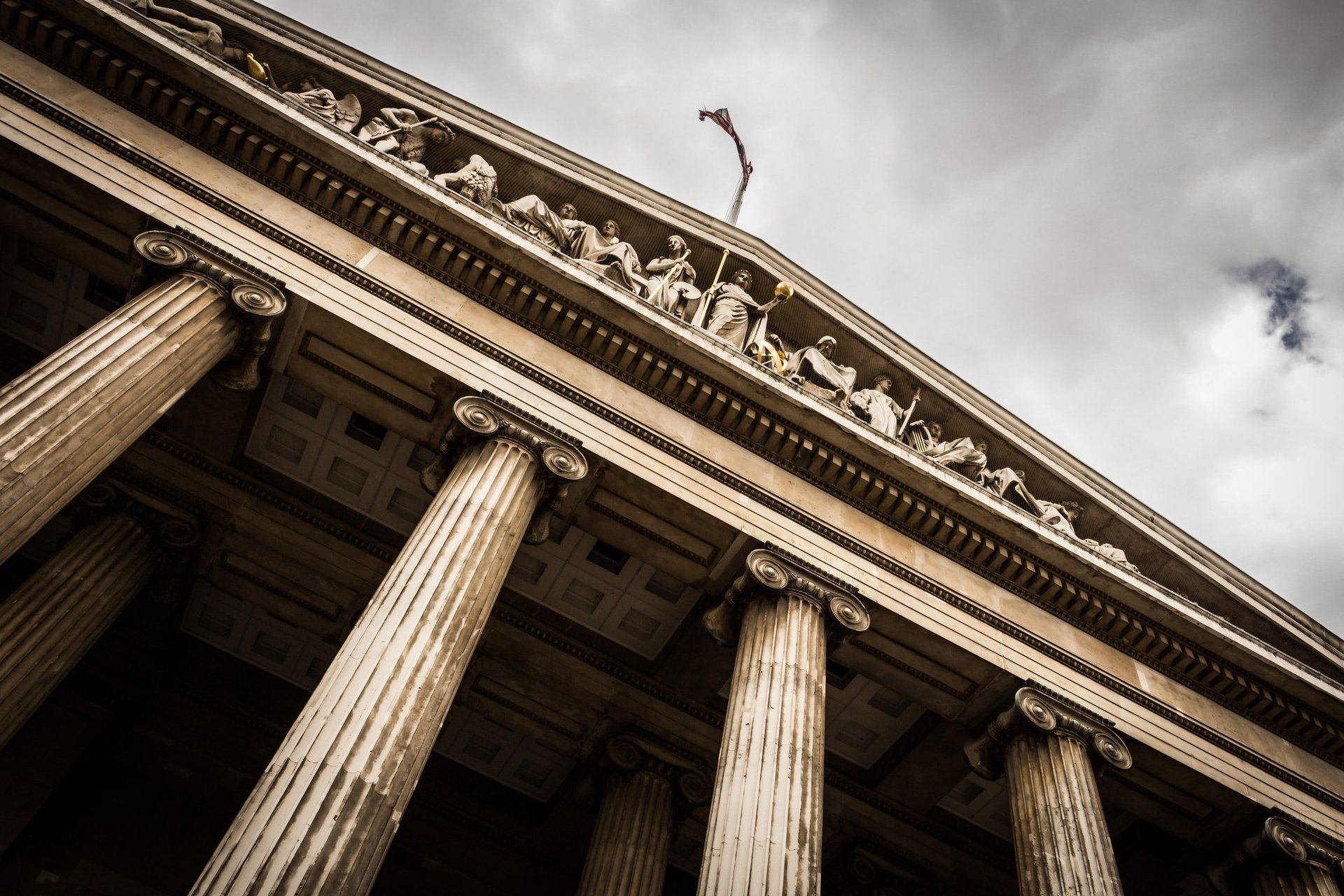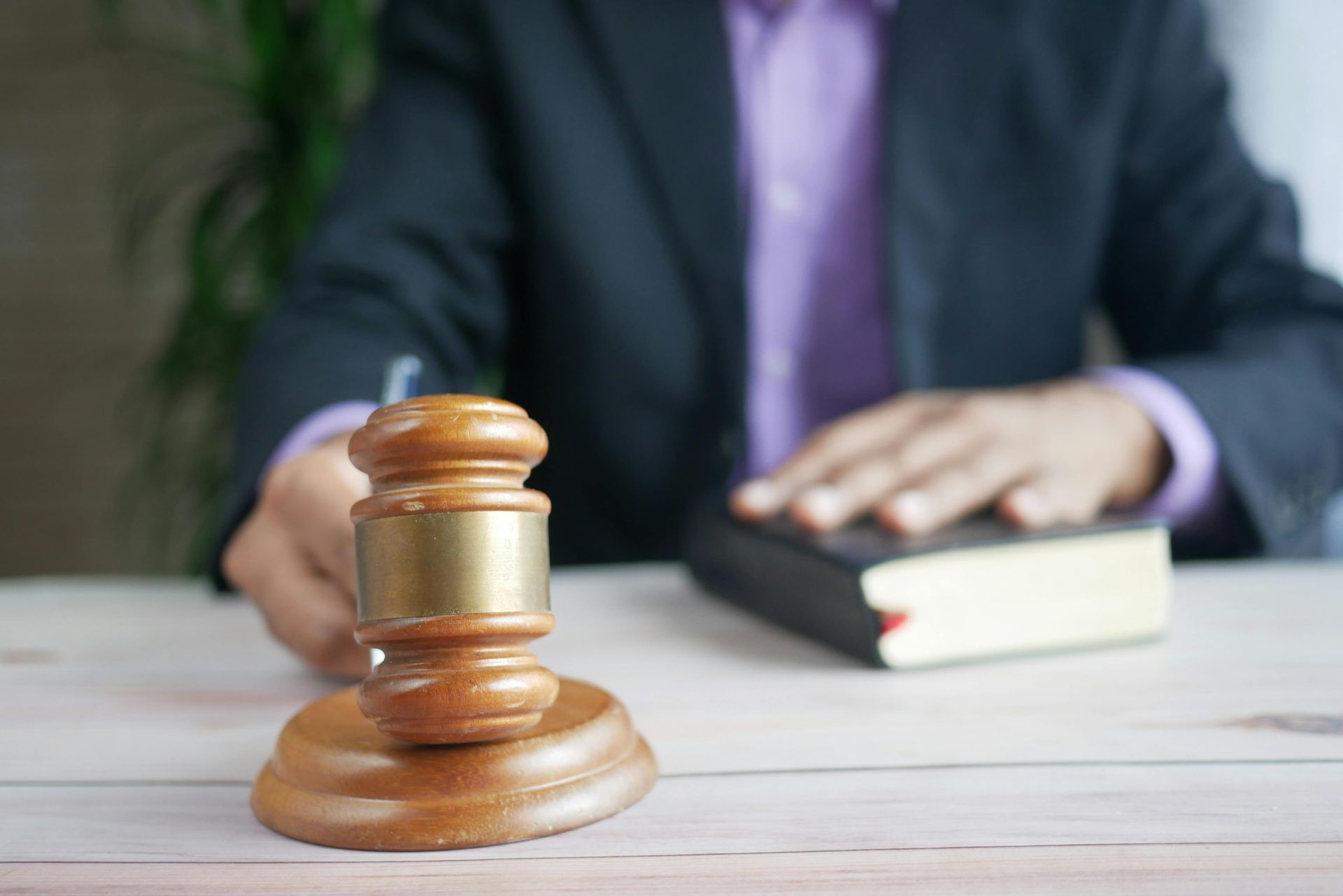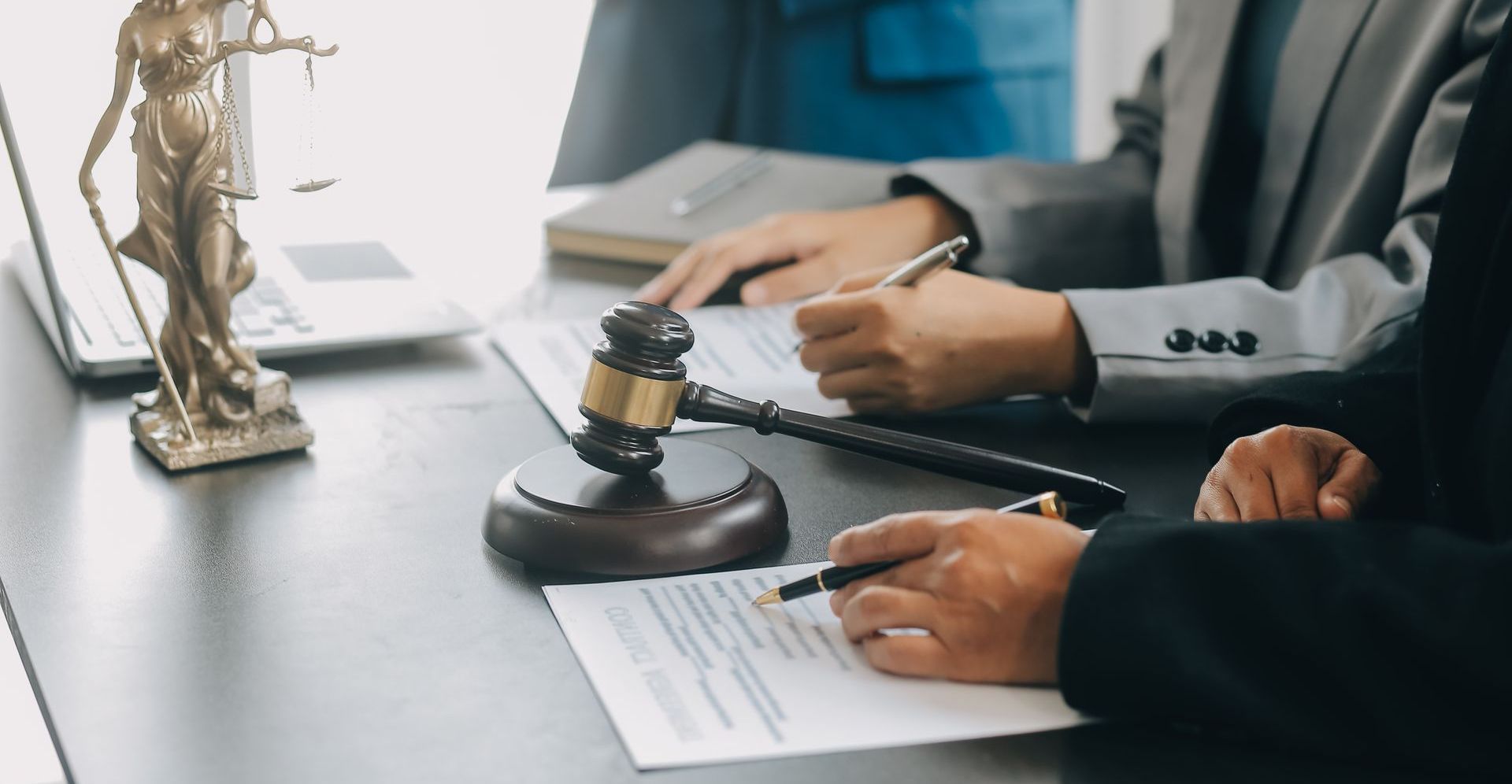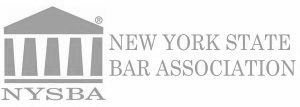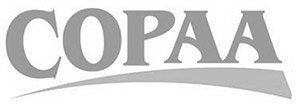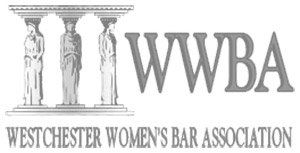Current Special Education Problems in the NYCDOE: Challenges and Path Forward
The New York City Department of Education (NYCDOE) serves over 1.1 million students, including more than 200,000 with disabilities. Despite efforts to provide equitable services, there are significant challenges in the delivery of special education, which continues to be a pressing issue for families, educators, and advocates. The problems facing the NYCDOE’s special education programs are multi-faceted, affecting everything from service delivery to resource allocation and legal compliance. But you are not alone. GDPC can help!
Some examples of what our firm can help you with:
1. Delayed or Insufficient Services
One of the most pervasive problems in NYCDOE’s special education system is the delay in delivering critical services to students with disabilities. Federal law mandates that students with disabilities receive a Free Appropriate Public Education (FAPE) under the Individuals with Disabilities Education Act (IDEA). However, many students in NYC experience delays in receiving services like speech therapy, occupational therapy, or special education teachers.
Delays in evaluations and the development of Individualized Education Programs (IEPs) compound these issues. Parents often report that their children wait months, or even years, to receive the services they are legally entitled to, causing setbacks in academic and social development.
2. IEP Compliance and Quality
While IEPs are intended to be tailored to meet the unique needs of each student, many parents and advocates argue that the quality and specificity of these plans vary greatly. IEPs may not fully reflect the individual needs of students, and some are written so vaguely that they fail to guarantee appropriate support.
There are also concerns around compliance. Reports suggest that many students do not receive the services outlined in their IEPs, with gaps in communication between schools, therapists, and families. The lack of accountability exacerbates these problems, leaving many parents to resort to legal action to enforce their children's rights.
3. Resource Shortages
The NYCDOE faces significant resource shortages, particularly when it comes to staffing. There is a shortage of qualified special education teachers, paraprofessionals, and related service providers, which limits the department’s ability to meet the demands of its special education population. This shortage is most evident in overcrowded classrooms, where students with disabilities may not receive the attention or specialized instruction they need.
Additionally, many schools lack the physical resources, such as assistive technology or accessible classrooms, to fully support students with disabilities. These gaps in resources not only hinder academic performance but also contribute to the exclusion of students from meaningful participation in school activities.
4. Inclusion and Segregation
Inclusion in general education settings remains an ongoing challenge within the NYCDOE. Many students with disabilities are still segregated in self-contained classrooms, away from their non-disabled peers, which can hinder social and emotional development. While inclusive classrooms are the goal, they often lack the proper support systems—like co-teaching models and adequate paraprofessionals—needed to accommodate all students effectively.
The failure to fully embrace inclusive practices also reflects broader systemic issues, such as lack of teacher training and insufficient understanding of how to accommodate diverse learners in a general education setting.
5. Transportation Issues
Students with disabilities frequently face challenges in accessing reliable transportation to and from school. Busing problems include long wait times, late arrivals, and insufficient accommodations for children with special needs, such as wheelchair access or aides on buses. These transportation failures contribute to higher absenteeism rates among special education students, further exacerbating the learning gaps they already face.
Path Forward
Contact GDPC today. We have served thousands of families throughout NYS and our record is unmatched. If you or someone you know needs help, do not delay in seeking advice from experts in the field.

